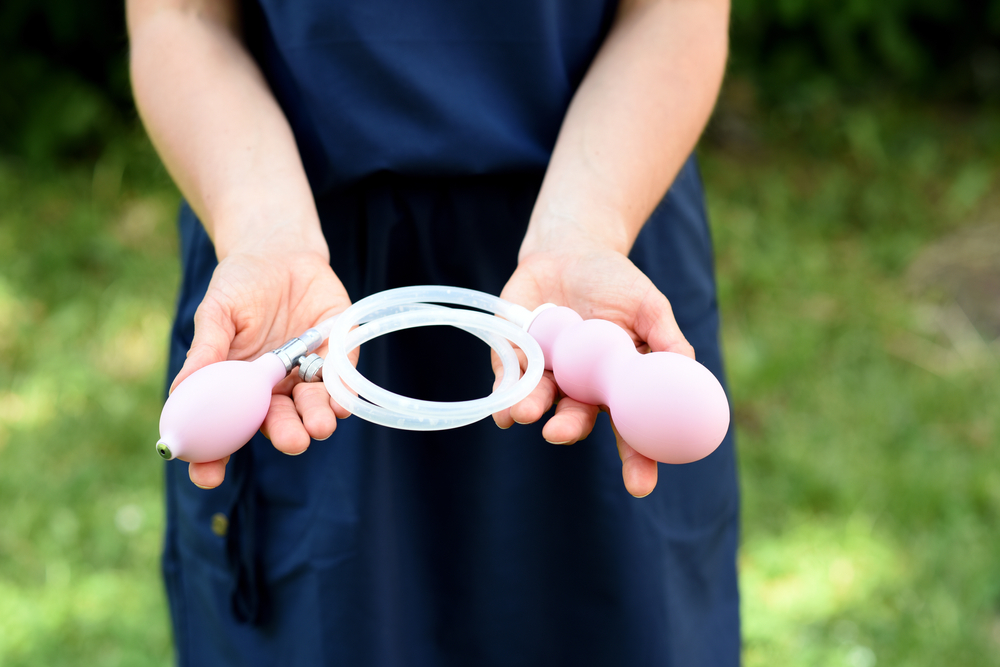A woman’s body undergoes substantial changes during pregnancy, which is an amazing experience that brings joy and happiness. While the growth and development of the infant receive a lot of attention, the mother’s overall health, especially the condition of her pelvic floor, should also be taken into consideration.
Dr. Rabbia Ashraf who is one of the top gynecologists in Pakistan says that the health of the pelvic floor during pregnancy can have a long-lasting effect on a woman’s general health because it is vital for supporting many organs and bodily processes.
When it comes to pelvic floor health during pregnancy, the pelvic floor goes through major alterations and difficulties throughout pregnancy. The weight and strain on the pelvic floor increase as the baby grows. The strength and suppleness of the pelvic floor muscles and connective tissues can also be impacted by hormonal changes, so how to make it better or what can we do about it?
Let’s all understand together.
Table of Contents
What is the Pelvic Floor?
Your vagina and rectum are encircled by layers of muscles, ligaments, and connective tissue that make up your pelvic floor. The muscles in your pelvis, which go from your pubic bone to your tailbone, support the bladder, uterus, and colon.
Your pelvic floor muscles are used during vaginal sex as well as urination. These muscles are also used during the process of birth. The pelvic floor is made to extend when under stress and rebound to continue to support you. This is when the pelvic floor health during pregnancy an otherwise is top-notch
How does Pregnancy Affect the Pelvic Floor?
The pelvic floor extends throughout pregnancy to provide a place for the developing baby. The muscles get weaker over time as a result of being weighed down. The weaker muscles might not bounce back to their ideal position to give you support.
As your pregnancy continues into the second and third trimesters, you could find it tougher to regulate your bladder. This is due to the fact that a weak pelvic floor makes it challenging to contract the muscles required to keep pee from escaping your bladder.
Particularly the rise in estrogen and progesterone is the major issue. A variety of pelvic floor problems, including urine incontinence, pelvic organ prolapse, and discomfort during sexual activity, can be brought on by these circumstances.
Suggested Read: How to Strengthen Pelvic Floor?
What is Pelvic Floor Health Important for Your Health and the Baby?
It’s critical to maintain the best possible pelvic floor health during pregnancy, before, and after pregnancy.
Having strong pelvic floor muscles at the beginning of your pregnancy reduces the harm that these muscles sustain from the pressure of carrying a growing child.
Here is how they help:
Prevents Urinary Incontinence
Urine leakage during pregnancy may be brought on by pregnancy hormones and the pressure which expanding uterus places on the bladder. Urinary incontinence can be prevented or lessened in intensity with a strong pelvic floor and appropriate muscle tone and coordination.
Experts at Hameed Latif Hospital say that, for expectant moms, this encourages comfort, confidence, and an improvement in their quality of life.
Preparation for Labor and Delivery
A strong and flexible pelvic floor is essential for labor and delivery. During childbirth, the pelvic floor muscles need to stretch and relax to accommodate the baby’s passage through the birth canal.
Women with good pelvic floor strength and control are more likely to have efficient contractions and a smoother delivery process.
Prevents Pelvic Organ Prolapse
Pelvic organ prolapse occurs when the pelvic organs, such as the uterus, bladder, or rectum, descend into the vaginal area due to weakened pelvic floor muscles.
Maintaining optimal pelvic floor health during pregnancy can help reduce the risk of pelvic organ prolapse both during pregnancy and in the postpartum period.
Supports the Growing Baby
Throughout pregnancy, the pelvic floor plays a crucial supporting role for the expanding uterus.
Reduced strain on the ligaments and supporting tissues are achieved by maintaining adequate alignment and balance with strong, toned pelvic floor muscles. This support is crucial for reducing discomfort, agony, and other difficulties as the baby’s weight increases.
What can be Done to Improve Pelvic Floor Health?
Whether you are currently pregnant, considering becoming pregnant, or have previously had children, there are steps you can do to maintain the health of your pelvic floor.
Pregnancy and childbirth put a tremendous amount of strain on your body and can leave you clueless. And a lot of people don’t get that this impacts the quality of life a lot.
Here are some ways that can help in maintaining the health of your pelvic floor:
- Keep your body weight and pregnancy weight at a healthy level
- Avoid abdominal-pressure-causing exercises and activities, especially in the second and third trimesters.
- After exercise or exertion, let yourself have some time to rest and recover.
- Exercise your muscles in a healthy manner by using pelvic tilts, bridges, and Kegels to strengthen your pelvic floor.
Suggested Read: Pelvic Floor Exercises
When to Visit a Gynecologist
Well, as a pregnant woman, putting your pelvic floor health during pregnancy first is essential for safeguarding your well-being and fostering a positive pregnancy experience. You can gain several advantages that go beyond pregnancy and childbirth by concentrating on the health and strength of your pelvic floor. If you feel like your issues are getting out of hand, or you are unable to keep your pelvic floor health during pregnancy intact, then visit the best lady doctor near you through Healthwire.
